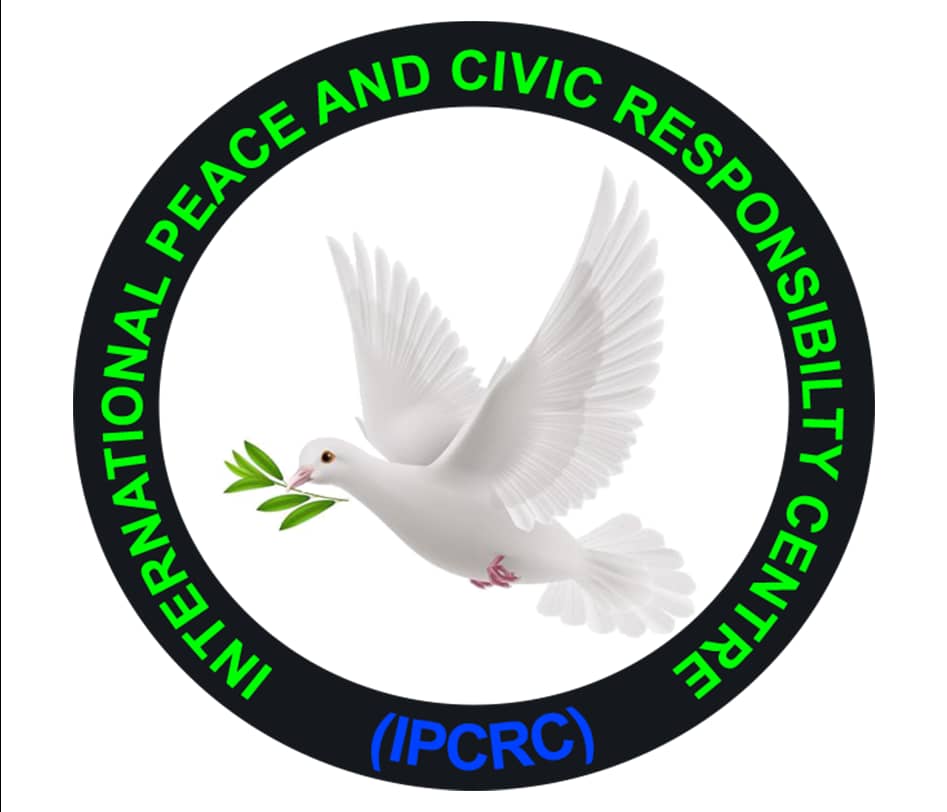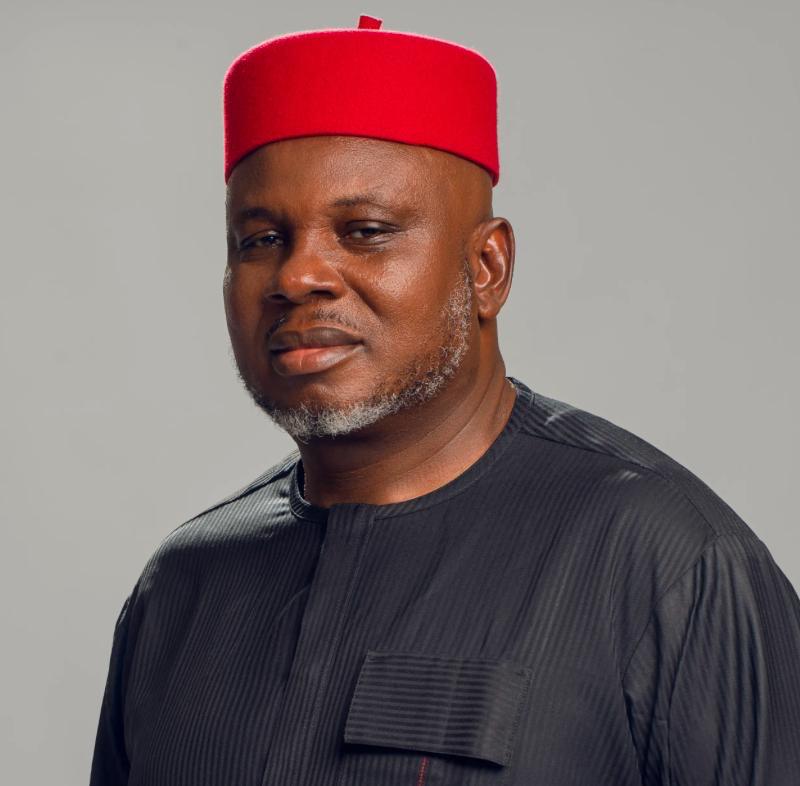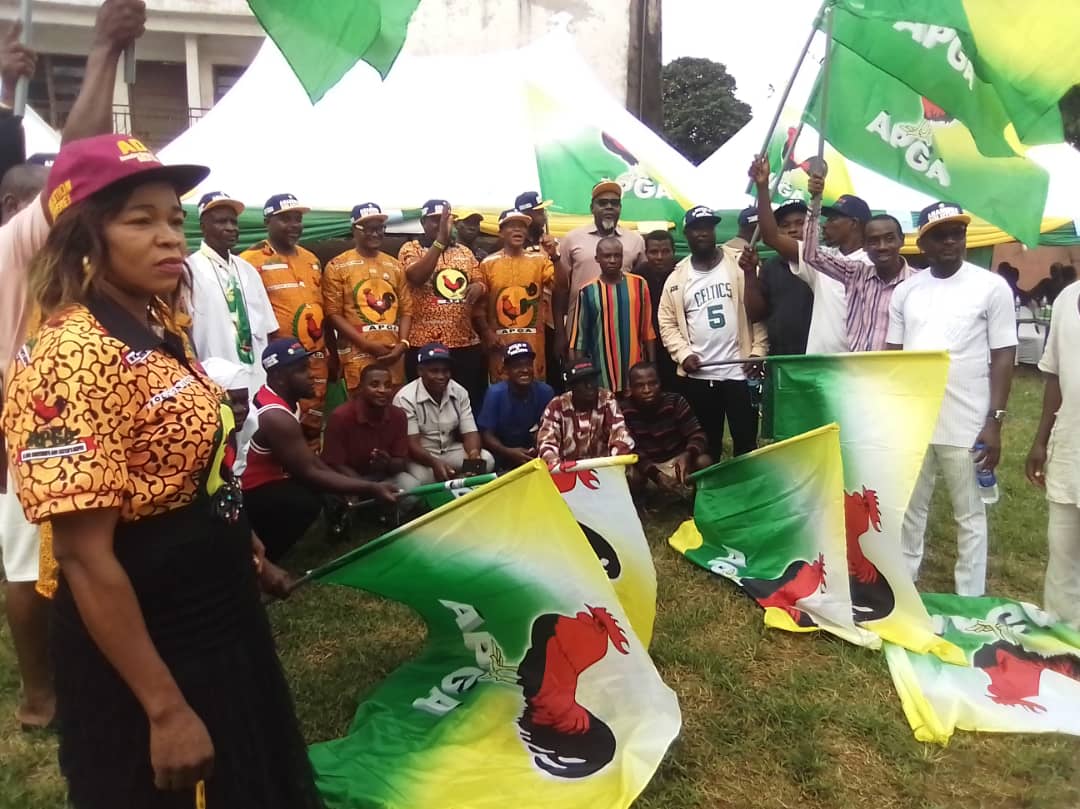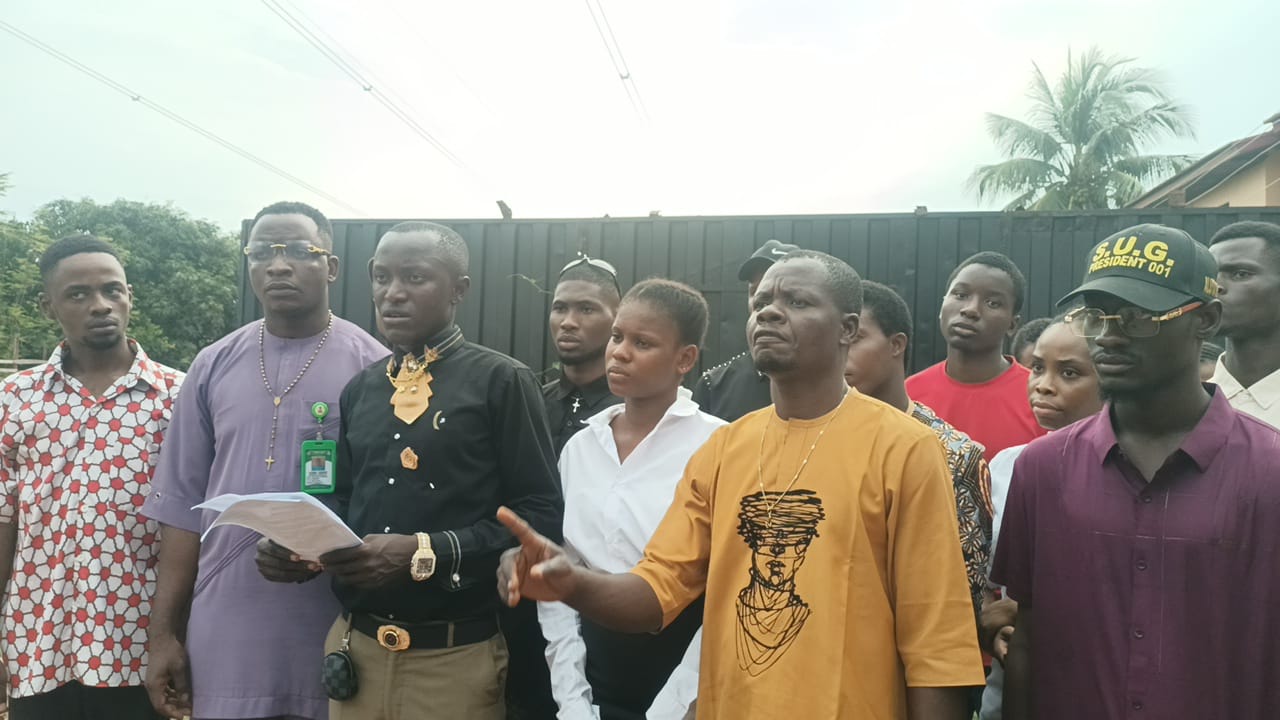Prince Chris Azor
As political activities intensify across Anambra State in anticipation of the November 2025 governorship election, the atmosphere is a blend of expectation, ambition, and cautious optimism. With the Independent National Electoral Commission (INEC) officially lifting the embargo on campaigns, candidates and parties are now free to engage the electorate, each presenting their vision for the future of the State. Yet, beneath the campaign trail’s energy lies a pressing question: Will this election rekindle trust in democracy or deepen the chasm of voter apathy?
The stakes are uncommonly high. Over seven million residents will, directly or indirectly, be affected by the choices made at the ballot box. To this end, the next administration will shape not just policy but the trajectory of peace, economic development, and social cohesion in the state. Also, the bitter lessons of previous elections linger—personality politics, mudslinging, and transactional campaigns have done little to uplift democratic values or address the core concerns of citizens.
Anambra’s electorate is growing impatient with political drama. What they yearn for are concrete solutions to insecurity, unemployment, crumbling infrastructure, and shrinking livelihoods. The anxieties are legitimate and widespread. In several Communities, incidents of kidnapping, cult-related violence, assassinations, and politically motivated clashes have become disturbingly common.
Even more alarming is the proliferation of Small Arms and Light Weapons (SALW), often in the hands of non-state actors and disaffected youth, fuelling a cycle of violence and fear. Coupled with the surge in drug abuse, particularly among vulnerable young people, the security landscape in the State is fraught with complexity and volatility.
These twin scourges—unchecked arms and narcotics pose existential threats not just to the electoral process but to governance and peacebuilding. Candidates must now go beyond rhetoric and articulate how they intend to strengthen arms control mechanisms, partner with federal agencies to stem illicit arms trafficking, and launch community-based drug prevention and rehabilitation programmes. Security isn’t just about boots on the ground; it is about addressing the root causes of violence and restoring trust in the system.
Economic hardship saps citizens’ resilience
Beyond the challenge of security, economic hardship continues to sap the resilience of Anambra’s working population. From market traders in Onitsha, Nnewi to rural farmers in Orumba, the pain is the same; unstable markets, lack of capital, and poor infrastructure. Campaign promises must transcend vague generalities. What specific interventions will be implemented to improve the ease of doing business? How will MSMEs be supported through credit facilities, market access, and regulatory reforms?
Healthcare, education, and digital inclusion also dominate public discourse. Therefore, the questions are – How will primary health care be revitalized in underserved rural areas? What strategies exist to rescue deteriorating public schools and motivate teachers? What becomes of the digital hubs meant to empower youth through innovation and technology; will they be expanded, or left to languish due to lack of political will?
Democracy must once again be people-driven. Not just in high-level debates or studio interviews, but in the markets of Nnewi, the town halls of Awka, the churches, and the dusty roads. Therefore, candidates must neccessarily reconnect with grassroots realities—speak to the people’s fears and dreams not recycle slogans devoid of content and meaning.
Yet tensions are rising, threatening to derail the process. Online vitriol is spilling into real-world violence. Social media has become a battleground for incitement and misinformation. There are worrying signs of arms build-up and coercion by political thugs. We must not forget the bloodshed of past elections. Every act of violence chips away at democracy’s foundation.
All stakeholders must act now to safeguard peace. Political parties should moderate their language and rein in their overzealous supporters. Security agencies must enforce the law with professionalism, neutrality, resisting the pull of partisan influence. Civil society, traditional rulers, and faith leaders must be relentless in their advocacy for nonviolence, dialogue, and accountability.
This election is not merely a contest of manifestos, it is a referendum on Anambra’s democratic maturity. Perhaps the greatest threat facing the 2025 poll is voter apathy. In 2021, voter turnout hovered around a meagre 10%, among the lowest in Nigeria’s democratic history. That figure reflects deep disillusionment, an electorate fatigued by trust deficit, broken promises and failed leadership.
Reversing this trend requires more than civic sermons. We need sustained, strategic voter education that speaks plainly to citizens about their power and responsibility. When people don’t vote, they silence themselves, and cede their right to hold leaders accountable.
Leaving noone behind
Engaging marginalized groups must be central to this mission. Women, young people, and Persons With Disabilities (PWDs) have long been sidelined. Security fears, cultural stigma, and logistical barriers continue to suppress their participation. Election materials must be inclusive. Polling units must be accessible. Political parties must move beyond symbolic inclusion and place these groups at the heart of their campaign structures.
Ultimately, the power to reshape Anambra lies in the hands of the people. This must be an election of ideas, not intimidation. Of policies, not personalities. Of hope, not hostility.
Democracy does not end with the vote, it begins with it. From campaign debates to final collation, citizens must demand civility, transparency, and credible outcomes. On election day, they must rise not for politicians, but for their future, their Communities, and generations unborn.
Anambra stands at a crossroads. The choice is stark; retreat into fear and cynicism, or rise with resolve and purpose. The outcome of this defining moment will shape not just who governs, but how governance itself will be reimagined; whether anchored in violence and exclusion or rooted in dignity, participation, and peace.
Prince Chris Azor is a Citizen advocate and President, International Peace and Civic Responsibility Centre (IPCRC)
08032102294 (SMS only)





